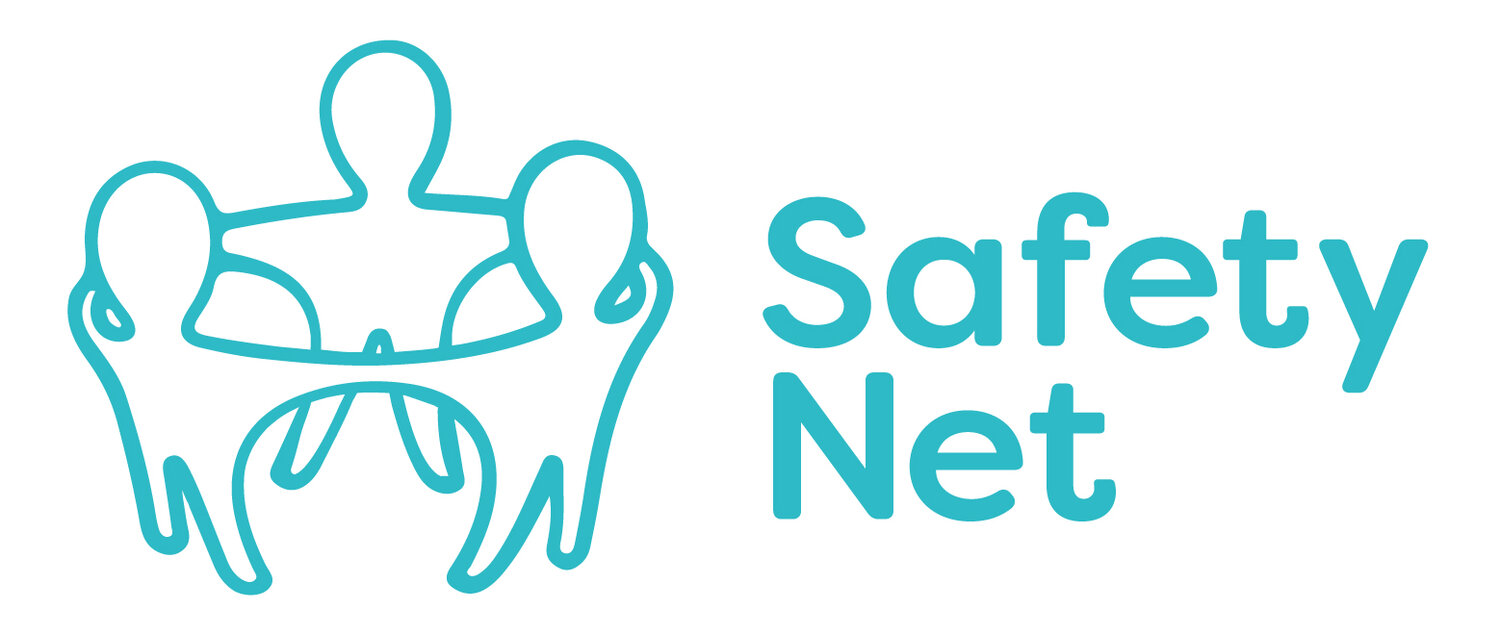A day in the life of Tori, Trauma Informed Practitioner
“I am a trauma informed practitioner and duty worker at Safety Net. As the Duty Worker, I’m the first port of call not only for members of the public who may need our services, but also for other professionals too.
My day involves picking up enquiries via email and phone messages, making an assessment of an individual’s needs, and then signposting to other practitioners and therapists in our service - or if they are not able to receive support from Safety Net - to other services who can help them. I don’t have a caseload like other practitioners, however my triage role is vital to ensure every individual who contacts us is assessed and receives appropriate support.
The assessment process itself involves working in a trauma-informed way to explore, in a collaborative way, the circumstances, capacities and strengths of each person that approaches Safety Net for support. I work with the individual, or other multi-agency partners, if needed, to complete a bigger picture of that individual’s life. My aim is to gain an understanding of the impact of trauma on their lives, rather than to focus on the deficit. I then create a plan of the services Safety Net will provide to them. Each case can be completely different as every individual is assessed on an individual basis and the approach we recommend for them will likewise be completely different.
I work alongside clients right up to the point where they have an allocated Safety Net practitioner for initial therapy or support, and when they have finished that support, I signpost them on to our volunteer coordinator to establish whether they might benefit from a volunteering opportunity at Safety Net, as part of their recovery process, or to other agencies and community groups.
From time-to-time people aren’t eligible for our service: they might still be living with an abusive partner, for example, and aren’t in a place of safety and stability. At Safety Net, we understand that it takes a lot for an individual who has been affected by trauma to seek help. With this in mind, I have full conversations with individuals who don’t meet our eligibility criteria to actively listen to them, to assess their needs and where appropriate, to refer them on (or empower people to refer themselves). I always try and reiterate it isn’t rejection, we just need an individual to be safe and have stability to enter our service as we are a recovery service, not a crisis service.
I really love my job. It’s a great feeling knowing that every day, I’m supporting people to begin their recovery journey so they can live a life free from the impact of trauma caused by abuse. “
Find out more about the support we offer today.

